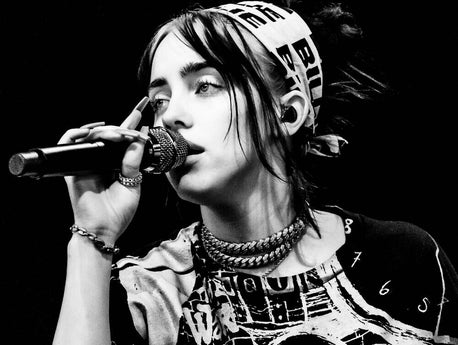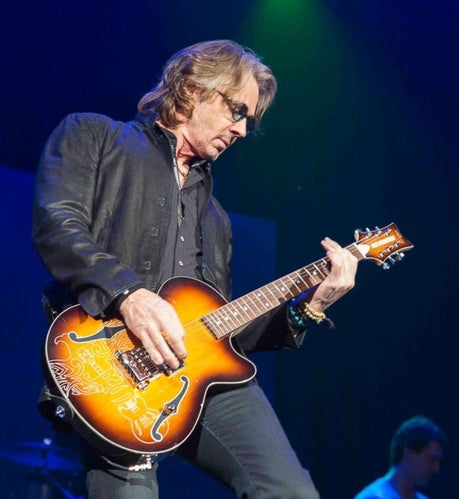Open Notes
You’re Not Alone: Finding Comfort in Shared Experiences
Sometimes, it can be surprising—and even comforting—to realize that others share the same worries and challenges as we do, no matter what your walk of life is,
we are NOT alone.
Life can feel overwhelming at times, and it’s easy to think you’re the only one struggling. But the truth is, you’re not alone in facing setbacks or uncertainties.
Many people grapple with similar issues, whether it’s personal insecurities, professional hurdles, or life’s unexpected twists.
And that’s okay.
What truly matters is how we move forward, learn, and grow. Even when things feel tough, we continue to work, adapt, and persevere.
Together, we rise above the struggles and thrive in ways we never thought possible.
Navigating Chronic Conditions
Billie Eilish, a Grammy-winning artist known for her distinctive music and style, has also gained attention for her openness about living with a range of chronic health conditions.
These conditions have shaped both her personal life and career, and by sharing her experiences, Eilish has helped raise awareness about the challenges faced by those with chronic illnesses and mental health issues.
Below is an in-depth look at the health conditions Eilish has been open about, detailing how each has impacted her journey.

Rick Springfield
Rock music icon Rick Springfield is speaking out about his decades-long battle with depression --
which he says led him to contemplate suicide on multiple occasions -- in hopes that his story will give others suffering from the disease "hope."
"I want them to have hope ... and know that the moment will pass," Springfield, 68, said in an exclusive interview with
ABC News' Paula Faris.
"I'm an example of the moment passing, because I've been there a couple of times, and haven't ... for want of a better phrase, pulled the trigger."
The Australian musician, who skyrocketed to fame in the 1980's with his hits like "Jesse's Girl" and "I've Done Everything for You," has opened up about his battle with depression before,
writing about a failed suicide attempt at age 16 in his autobiography, "Late, Late at Night."
"I put the noose around the thing, and stood on a chair, and kicked it away, and hung there for a while, until I started to lose consciousness," Springfield told Faris of his adolescent suicide attempt.
"I was close enough," Springfield said. "I worked my way through it. Which I've always done."
Springfield described his depression, which he calls "Mr. D," as something that "you kind of become acclimatized to ... almost like a friend."
Springfield described his depression, which he calls "Mr. D," as something that "you kind of become acclimatized to ... almost like a friend."
He added that suicidal thoughts are "part of my makeup."
'When you get to the really dark point nothing's enough'
He added that while he knows taking his own life would "devastate" his family, in his darkest moments, he isn't able to think about that.
"You think, 'They'll, you know, they'll get through it.' And they will, because we're human beings and we deal with stuff," he said, adding that during his worst bouts of depression, all he is able to think about is "just getting out."
"When you get to that point the pain is pretty intolerable," Springfield said.
However, Springfield said his family and the "feeling that there's some way that I can help this planet" is what makes him feel life is worth living.
While Springfield treats his depression with medication, he also says he is able to channel some of it into his writing and music.







